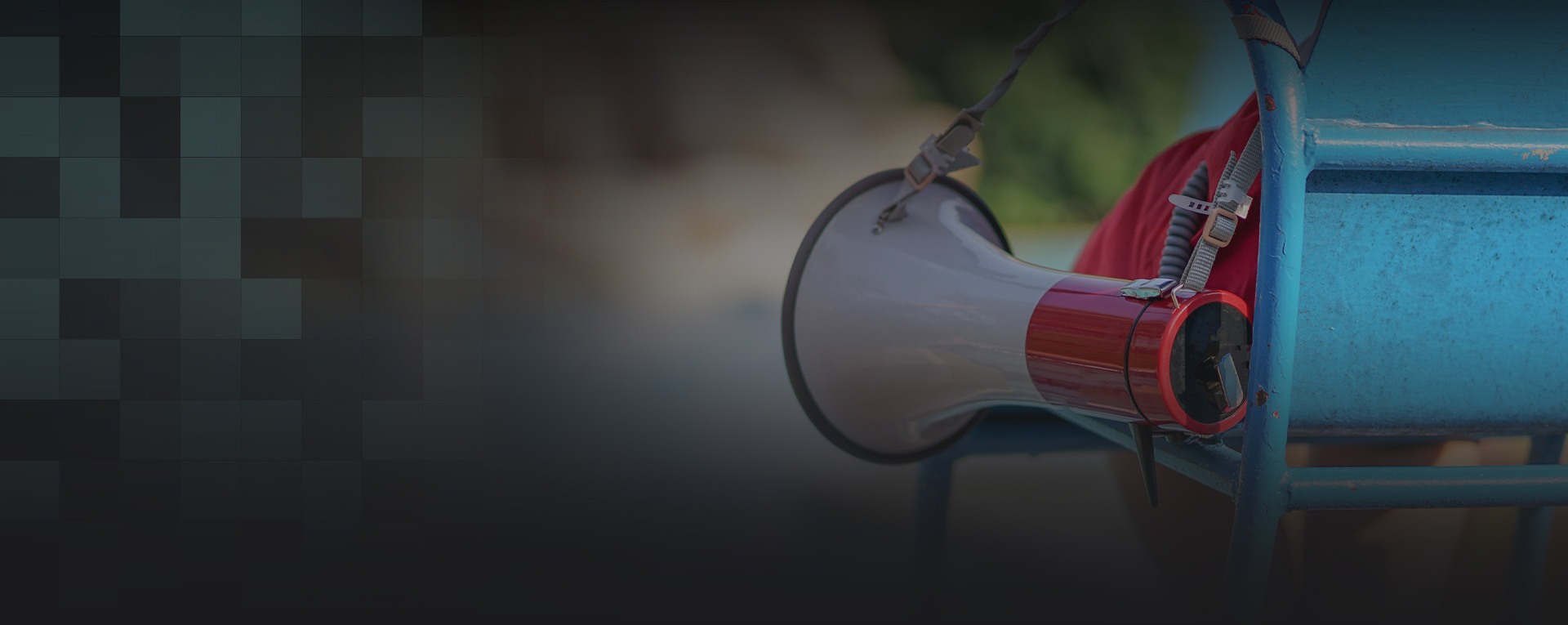
Swimming Pool Accident Attorney Austin
Advocating for Victims of Swimming Pool Accidents in Texas
Swimming pools are a popular feature of many homes and resorts in the Austin area, offering a refreshing respite from the hot summer sun. While pools are a great way to cool off and have fun, they also pose a severe risk of injury or death if they are not properly maintained or supervised.
At The Doan Law Firm, we represent individuals who have been injured in swimming pool accidents, as well as the families of those who have tragically lost their lives in these incidents. Our Austin swimming pool accident attorney understands these legal issues' unique dynamics, and we are prepared to fight for the maximum recovery you are owed.
Have you been injured in a swimming pool accident? Call The Doan Law Firm today at (800) 349-0000 or contact us online to meet with our swimming pool accident lawyer in Austin!
Texas Swimming Pool Laws
Swimming pool laws in Texas encompass various safety, health, and construction regulations to ensure public safety. Here are the key aspects:
Residential Pools
Texas mandates numerous regulations for residential pools to help prevent accidents and enhance user safety. Compliance with these laws is crucial for homeowners.
- Fencing and Barriers: Pools must be enclosed by a fence at least 48 inches high. Gates must be self-closing and self-latching, with latches at least 54 inches above the ground.
- Alarms: Pools must have alarms on doors or windows that provide direct access to the pool area from the house. Some municipalities require pool alarms that sound when someone enters the water.
- Drain Covers: Pools must have anti-entrapment drain covers to prevent accidents.
- Lighting: Adequate lighting is required for nighttime use, ensuring all pool parts are visible.
Public Pools
Public swimming pools are subject to rigorous standards to ensure the safety and health of the community. These regulations are enforced by local health departments and include maintenance and operational protocols.
- Health and Sanitation: Public pools must meet specific health standards, including water quality testing for pH levels, chlorine, and other chemicals. Local health departments must also conduct regular inspections.
- Lifeguards: Depending on the size and type of pool, lifeguards may be required during operating hours. Lifeguard training and certification are also regulated.
- Signage: Pools must display signs indicating depth, safety rules, and emergency contact information.
- Accessibility: Public pools must comply with the Americans with Disabilities Act (ADA), providing accessible entry and exit points for individuals with disabilities.
Building Codes & Permits
Building a pool involves more than just digging a hole and filling it with water. Owners or contractors must navigate through a barrage of codes and permits, which are integral to lawful and safe construction.
- Construction Permits: Homeowners or contractors must obtain permits before constructing or significantly renovating a pool. Construction must adhere to local building codes, which may include specific guidelines for materials, plumbing, and electrical work.
- Inspections: Pools are subject to inspections during and after construction to ensure compliance with safety standards and building codes.
Liability & Insurance
Liability is a significant concern for pool owners. Carrying adequate insurance is not only wise but can be a requirement in many instances. Understanding liability is critical for both residential and public pool operators to safeguard against potential legal issues.
- Homeowner Liability: Homeowners can be held liable for accidents or injuries in or around their pool. It is advisable to carry liability insurance to cover potential incidents.
- Public Pool Operators: Operators of public pools must carry appropriate liability insurance and ensure all safety regulations are strictly followed to minimize risks.
Common Causes of Swimming Pool Accidents
Swimming pool accidents can happen in various ways, and the resulting injuries can range from minor to severe. Our firm represents clients injured in all types of swimming pool accidents, including those in public, residential, and private pools.
Some of the most common causes of swimming pool accidents include:
- Absence of fencing
- Defective pool equipment
- Drain entrapment
- Electrocution
- Failure to provide lifeguard services
- Improper maintenance and/or supervision
- Inadequate pool lighting
- Inadequate signage
- Slip and falls
- Unmarked pool depth
- Water contamination
Each of these can lead to catastrophic outcomes if not addressed with the proper preventive measures. Regular safety audits, adherence to regulations, and constant vigilance are vital components of ensuring these incidents are minimized, or ideally, prevented altogether.
Who Is Liable for a Swimming Pool Accident?
When a swimming pool accident occurs, one of the first questions to be answered is, “Who is liable?” Understanding liability is essential for seeking justice and ensuring compensation for victims.
In many cases, the following parties may be held liable for a swimming pool accident:
- The pool owner
- The property owner
- The pool maintenance company
- The pool equipment manufacturer
- The pool designer
- The lifeguard or other staff on duty
Depending on the specific circumstances, a swimming pool accident may be caused by:
- Defective pool equipment or safety devices
- Defective pool design
- Improper pool maintenance
- Inadequate pool lighting or signage
- Failure to provide lifeguard services
- Inadequate supervision
- Failure to maintain a safe environment
Our Austin swimming pool accident lawyer has extensive experience with these types of cases. We know how to determine who is liable for your injuries. We also understand what it takes to manage these complex cases and are prepared to put our experience to work for you.
Understanding the Damages You May Be Entitled to After a Swimming Pool Accident
Swimming pool accidents can result in serious injuries, resulting in substantial damages. If you have been injured in a swimming pool accident, you may be entitled to compensation for both economic and non-economic damages, as well as for any scarring or disfigurement that you suffered as a result of the incident.
Depending on the specific circumstances, you may be able to recover compensation for the following damages:
- Medical expenses
- Lost wages
- Loss of earning capacity
- Physical pain and suffering
- Mental and emotional distress
- Disfigurement and scarring
- Loss of enjoyment of life
- Loss of consortium
In cases involving gross negligence, you may also be able to recover punitive damages. Unlike compensatory damages, intended to compensate you for your injuries, punitive damages are intended to punish the wrongdoer and deter similar conduct in the future. Punitive damages are not available in all swimming pool accident cases, but our Austin swimming pool accident attorney can review the facts of your case and help you understand if they may be available in your situation.
Understanding the full extent of damages is crucial for achieving justice and ensures that victims can secure the financial foundation needed for recovery. Each case is unique, requiring a thorough analysis to identify all recoverable damages. This understanding not only aids in achieving fair compensation but also provides closure for traumatic experiences.
Austin's Unique Swimming Pool Accident Risks
Owing to its warm climate and vibrant lifestyle, Austin has a high number of residential and public swimming pools, which increases the potential for accidents. Local residents and visitors alike flock to pools in search of relief from the heat, making them bustling areas where adherence to safety regulations becomes paramount.
However, with this increase in usage comes a higher incidence of swimming pool accidents, often due to overcrowding or negligent supervision. Key factors contributing to these accidents include improper maintenance and equipment failures, both of which can be minimized through diligent management and routine safety checks.
Municipal guidelines within Austin require strict compliance with state regulations concerning pool construction and maintenance. From ensuring anti-entrapment devices are installed correctly to conducting regular water quality tests, local pool operators must uphold these standards to prevent potential hazards.
Furthermore, involving trained lifeguards and supervisory staff on-site at public pools can significantly mitigate the risk of accidents, keeping swimmers safe as they enjoy Austin's myriad aquatic opportunities.
Frequently Asked Questions About Swimming Pool Accidents
What are the first steps following a swimming pool accident?
Immediately following a swimming pool accident, it’s crucial to seek medical attention, even if injuries appear minor. Fast intervention can prevent complications from hidden injuries. After medical needs are addressed, document the scene and gather contact details from witnesses, if available. Contact the authorities to file an official report, which may play a critical role in subsequent legal proceedings. Next, reach out to a qualified swimming pool accident attorney to discuss your potential options for pursuing compensation.
How do Texas laws impact swimming pool accident liability?
In Texas, premises liability laws dictate that property owners are responsible for maintaining safe environments to prevent accidents, including those at swimming pools. This means homeowners, pool operators, and maintenance companies can be held accountable if their negligence leads to an accident. Each party’s responsibility depends on their role in ensuring pool safety, whether it’s complying with safety standards, providing adequate supervision, or ensuring equipment functionality.
Who can be held liable in a swimming pool accident in Austin?
In Austin, liability for swimming pool accidents can extend to various parties depending on the context of the incident. Possible liable parties include the property owner, pool maintenance crews, equipment manufacturers, or even lifeguards if their failure in providing adequate safety measures contributed to the accident. Analyzing the specifics of each incident is crucial for determining liability and understanding the avenues for recourse.
What compensation can I receive after a swimming pool accident?
Compensation following a swimming pool accident can cover a variety of damages. Victims may be entitled to recompense for direct costs like medical bills and rehabilitation expenses, as well as indirect costs such as loss of income, pain and suffering, and emotional distress. Depending on the accident's circumstances, punitive damages might also be an option in cases of gross negligence. Determining the full extent of available compensation requires a detailed evaluation by a skilled attorney.
Our dedicated team is ready to fight for your rights and help you get the compensation you deserve. Contact The Doan Law Firm today for a FREE consultation.


-
 Hear From Our Clients
Hear From Our Clients -
 Get To Know Us
Get To Know Us -
 Client Successes
Client Successes -
 Stay In The Know
Stay In The Know






